Rob England and Tom Moseley
BBC News

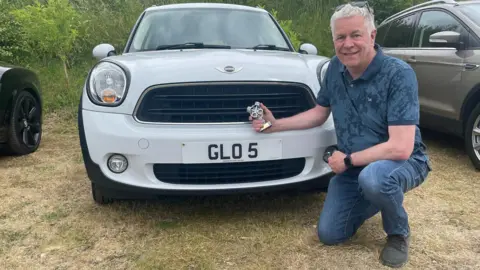 Neal Bircher
Neal Bircher
Neal Bircher with a number plate representing Gloucestershire, the county of his birth
Sales of personalised number plates have more than doubled over the past decade, figures obtained by the BBC suggest.
More than 1.2 million transactions took place in 2024, up from about 500,000 in 2014, according to data from the Driver and Vehicle Licensing Agency (DVLA).
That includes plates bought directly from the DVLA, as well as those that change hands privately. Plates can be bought for less than £50 – but the most lucrative combinations can fetch hundreds of thousands of pounds.
Experts told the BBC private plates were increasingly being seen as an investment - often never even being used on a car.
The value of private number plates depends on the popularity of the combination of numbers and letters.
The DVLA raised £276m for the government from personalised registrations in the last financial year.
'I'm going to buy more'
Rob Nicholls from Exeter has a number plate featuring his initials on his BMW, and recently bought another two plates he did not use, instead selling them on for a profit.
"They do seem to be increasingly popular," he told BBC Radio 4's You and Yours programme.
Rob, who works as a finance director, says trading plates was a "fun sideline" to have alongside his day job.
"I know they annoy some people, some don't like them," he says.
"Is there a value? Yes. Can it increase in value? Yes. I'm probably going to buy more because it's an interesting, tangible asset."

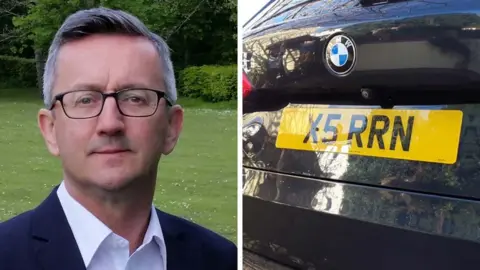 Rob Nicholls
Rob Nicholls
Rob thinks people buy plates partly because they have sentimental value, but also many see them purely as assets.
'It's all about image'
Another growth area is among young people, thinks Noor Dar.
The 17-year-old from Manchester enjoys deciphering the messages behind plates - phrases like YOU 105T are popular - and peruses Facebook groups where different combinations are shared.
"It's all about image," he says.
"There are two sides, I think. Yes, you have collectors, people who buy cherished plates. Then there's the younger generation, who aren't bothered about plates that are valuable - they want plates with meaning.
"On social media, people in the car scene are often known by their number plates."
Personalised number plates that have never been used before can be bought directly from the DVLA via its website or online auctions.
The number of plates being put on a car for the first time has nearly doubled since 2014 to just under 450,000, according to the figures obtained by the BBC via a Freedom of Information request.
The agency says it has a bank of more than 60 million registrations. It also has a team that analyses market trends to identify lucrative registrations it can release to make the most money.
But this doesn't include combinations of numbers and letters that the DVLA thinks "may cause offence, embarrassment or are in poor taste", which are withheld.
Meanwhile, plates that are already in circulation can be bought through third-party dealers, who sell at private auctions and on their websites.
Plates are also traded on Facebook groups and eBay.
The market for these previously used plates is the area that potentially saw the biggest increase.
Since 2014 the number of these transactions has tripled to about 800,000, according to the DVLA's figures.
The data includes plates being sold, and those either put on or taken off vehicles. It can also include applications to change the owner's details, like their address.
'£25 to hundreds of thousands'
Mark Reynolds, sales manager at Plate Hunter, one of several private dealers, says he sold the number plate KS1 just before Christmas for £285,000 to an anonymous buyer with the same initials.
"I think once upon a time there was an element of pretentiousness to number plates, which I think is gone, because you can pick up a number plate as cheap as £25 right up to hundreds of thousands," he says.
"So I think the market is just so much more accessible to everybody."
Neal Bircher, who describes himself as a "number plates nerd", has been collecting them his entire adult life and is in the process of writing a book on the subject.

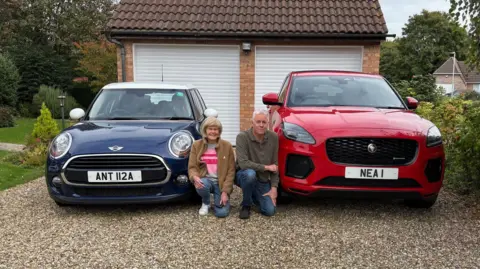 Neal Bircher
Neal Bircher
Neal Bircher's mother, Anthea, also has private plates
As well as a current collection of about 220, most of which are for sale, Neal has plates representing his first and second names, as well GL05 for Gloucestershire, the county where he was born.
He says in the distant past the DVLA had seen personalised plates as an inconvenience, but in the 1990s changed its mind and chose to engage with the trade, making its vast pool of unused registrations available to the public.
The DVLA figures show transactions peaking in 2021, which Neal puts down to the lifestyle changes brought about by Covid.
"Presumably it was due to many people having time on their hands and spare money that they weren't spending on commuting, socialising and holidays," he says.
"The momentum continued throughout the Covid period and even today, interest has only eased off a little."
But, despite private plates' popularity, Neal warns it isn't always easy to make money from them.
"Plenty of people dabble," he says.
"I would urge anyone to go in with a little bit of caution, because I've seen many examples of people thinking 'gosh, this is easy' and then buy a hoard of plates and maybe they're not all saleable."
For more on this story listen to You and Yours on BBC Sounds.

 Movie
Movie 2 months ago
57
2 months ago
57 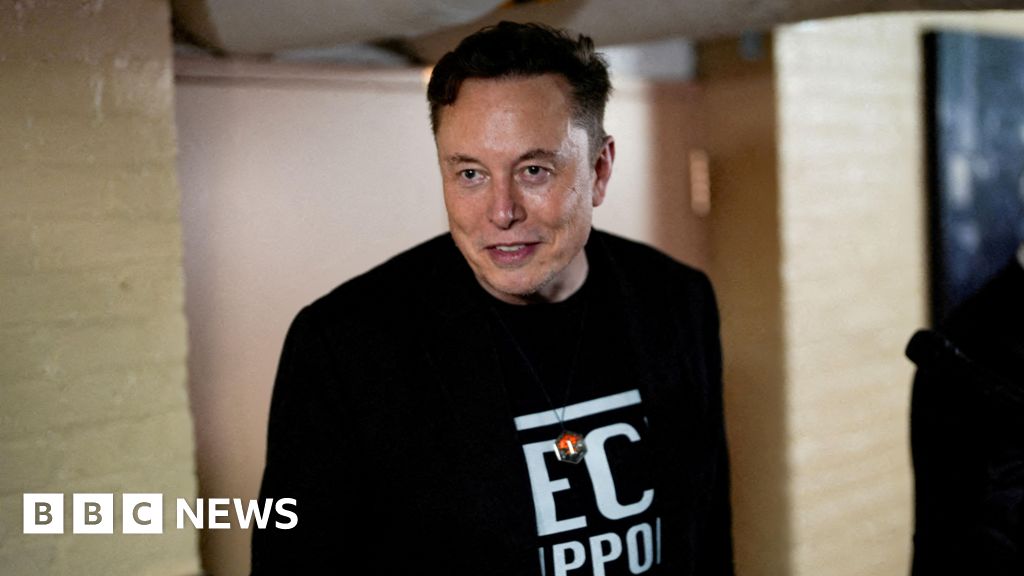
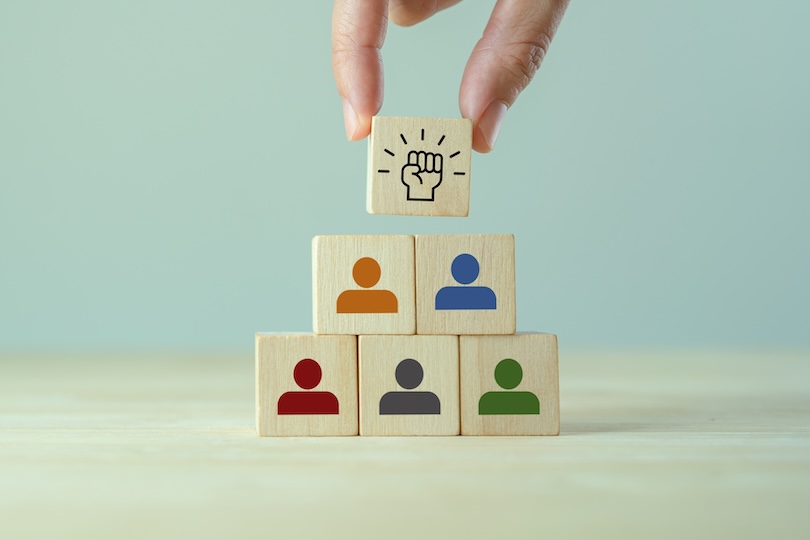
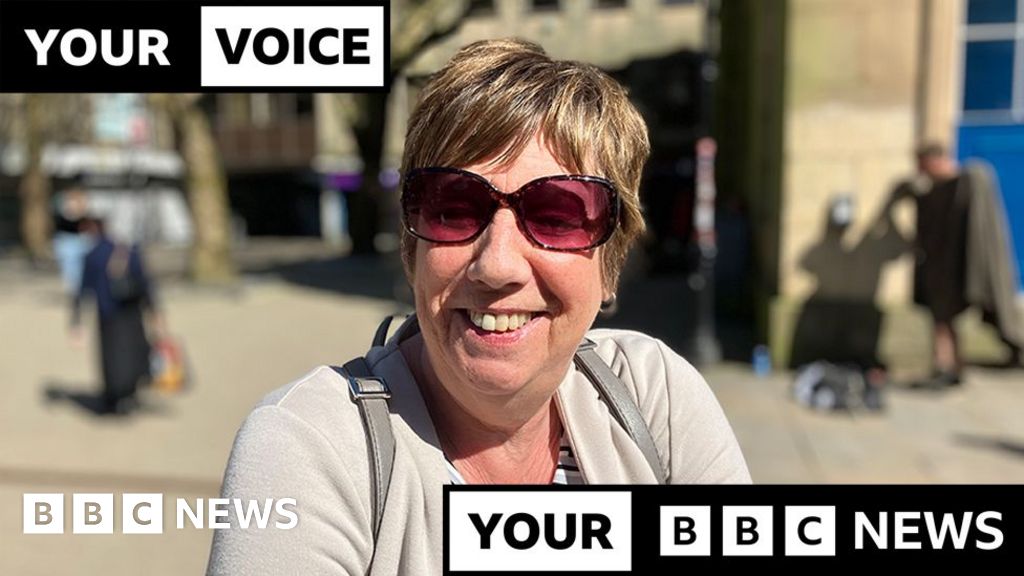
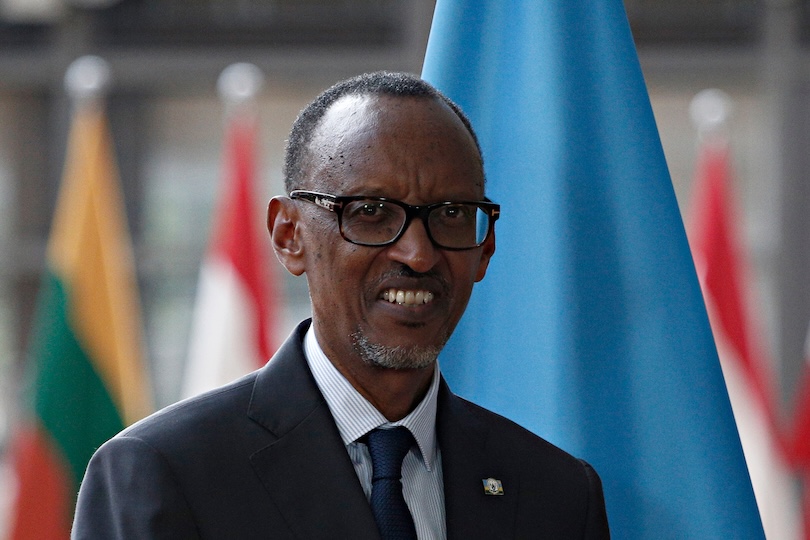
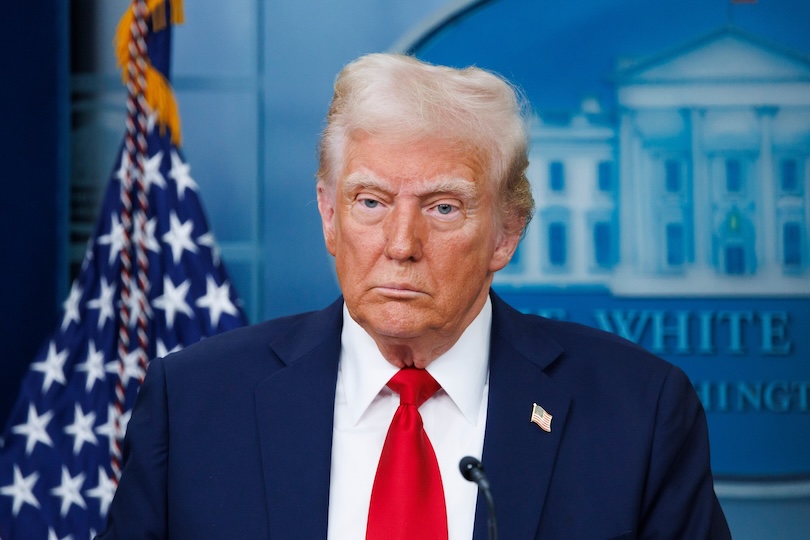
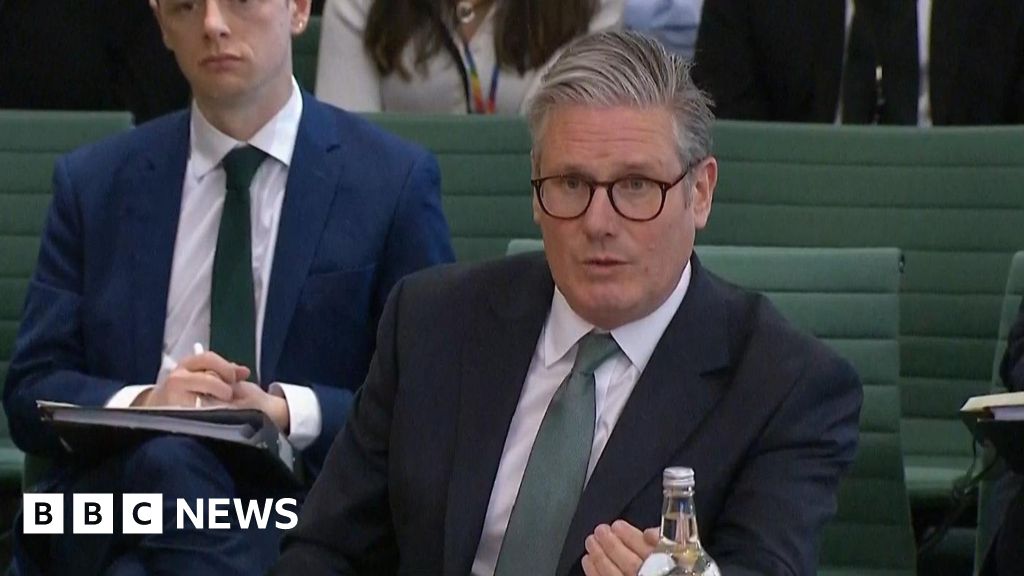

![Presidents Day Weekend Car Sales [2021 Edition] Presidents Day Weekend Car Sales [2021 Edition]](https://www.findthebestcarprice.com/wp-content/uploads/Presidents-Day-Weekend-car-sales.jpg)



 English (United States)
English (United States)